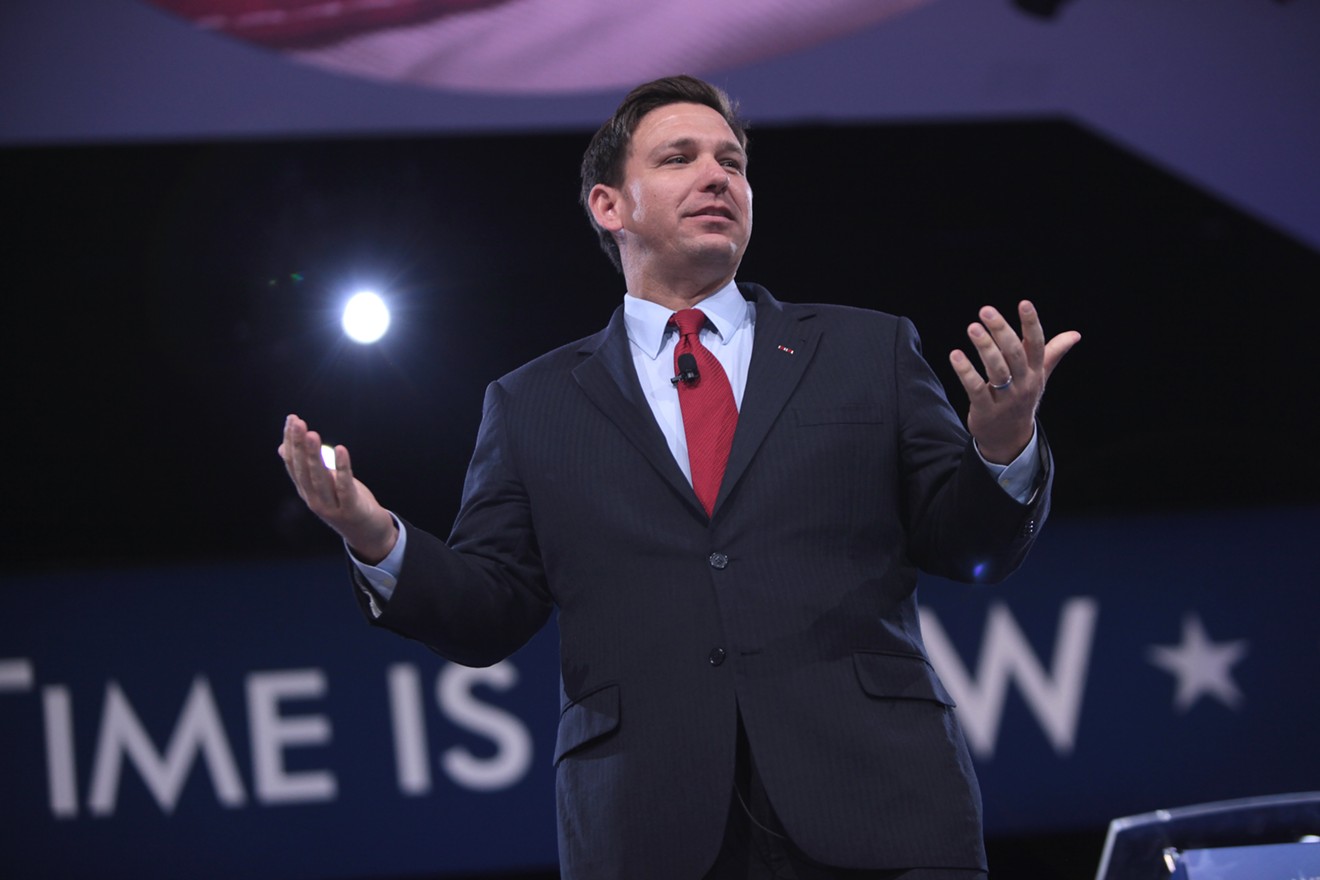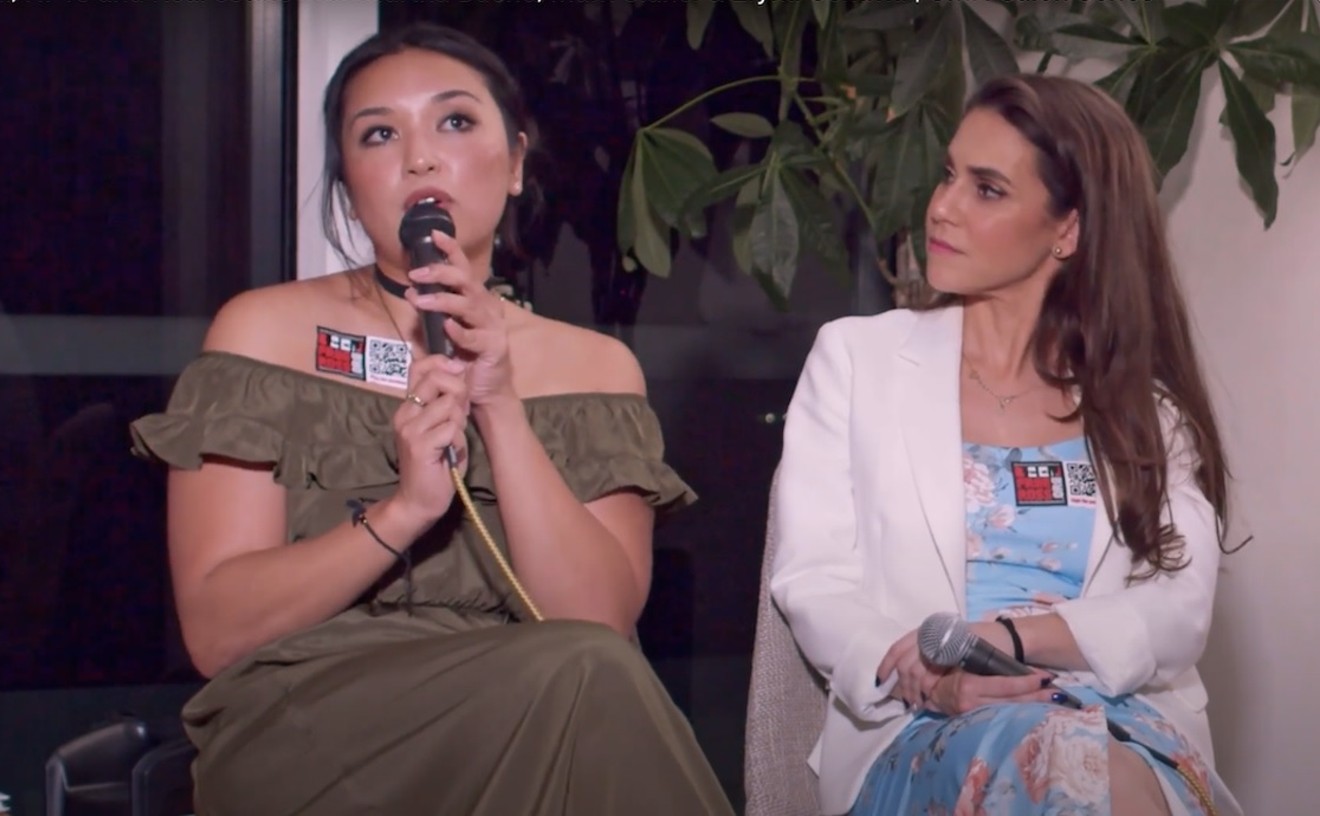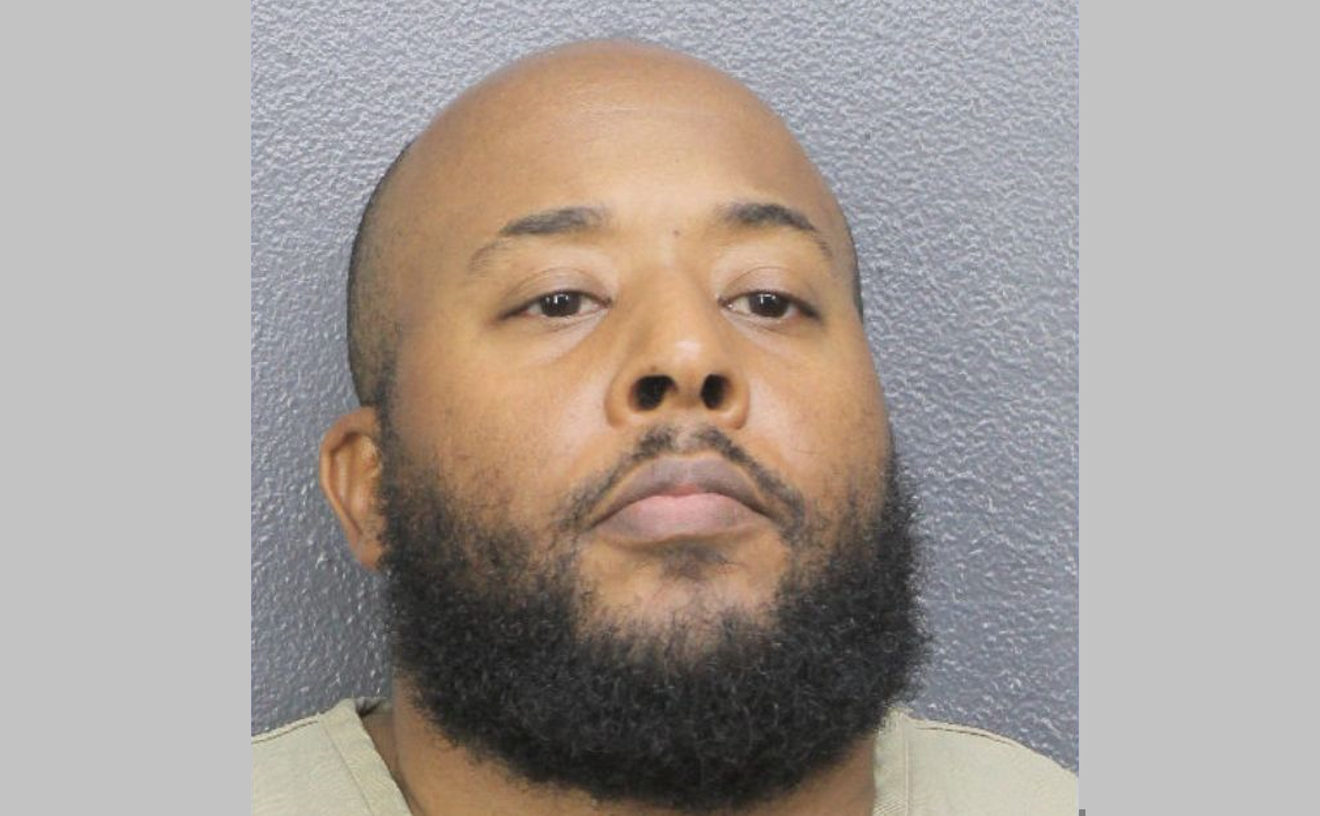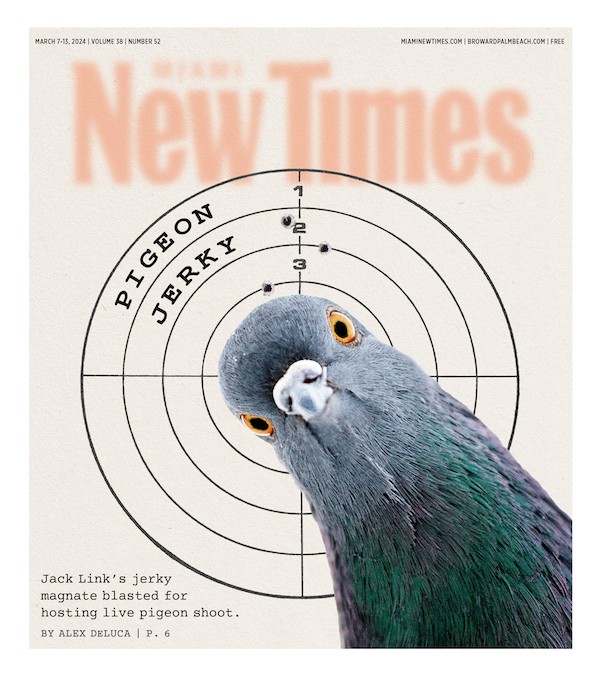The legislation, proposed in late 2021 and signed into law last April, restricts Florida public schools from teaching about systemic racism and the idea that people are "privileged or oppressed" solely because of their race, national origin, or sex. It also prohibits employers in the state from requiring employees to go through workplace training that promotes the concept that ingrained racial bias is widespread.
A linchpin in DeSantis' broader war on "woke ideology," the law has been decried by critics as an unconstitutional attempt to whitewash history. The governor has maintained that it's a tool to tamp down on what he sees as leftist ideological teachings in the classroom.
Key challenges to the Stop WOKE Act were pursued in the courtroom of Tallahassee-based Chief U.S. District Judge Mark Walker, who has handed down a series of colorful rulings against the law, at one point comparing DeSantis and the legislature's interpretation of the First Amendment to the "upside down" world of the popular Netflix series Stranger Things.
Last August, Walker blocked the workplace provision of the law. Then in November, he issued an injunction halting the state university system's enforcement of key portions of the law. (The cases are now on appeal.)
Having trouble keeping up with the law and its pathway through the courts? Here's a rundown of the legislation since its inception:
December 2021
DeSantis proposed the Stop the Wrongs to Our Kids and Employees (W.O.K.E.) Act, which his office claimed would give "businesses, employees, children and families tools to fight back against woke indoctrination.""We won’t allow Florida tax dollars to be spent teaching kids to hate our country or to hate each other. We also have a responsibility to ensure that parents have the means to vindicate their rights when it comes to enforcing state standards," DeSantis said.
The legislation, later dubbed the Individual Freedom Act, vowed to take on both "corporate wokeness" and the teaching of Critical Race Theory in public schools. It provided a pathway for students or their parents to sue for alleged violations of the act.
January 2022
The legislation was introduced in the Florida House of Representatives by Hialeah-based Rep. Bryan Avila.Avila filed the bill, Florida HB 7, on January 11, 2022.
April 2022
After it was passed by the Republican-dominated state legislature, DeSantis signed the bill into law at a press conference in Hialeah Gardens on April 22.Minutes later, a group of Florida educators and the parent of a girl entering kindergarten filed a federal lawsuit styled Falls v. Corcoran, alleging that the law violated their First and Fourteenth Amendment rights. The plaintiffs' attorneys said that it prohibits teachers and employees in Florida schools from "espousing, endorsing or advancing important issues about race in America."
#BREAKING: Gov. Ron DeSantis (R-FL) signs the Stop WOKE Act into law. pic.twitter.com/MWUWkvV3PW
— Forbes (@Forbes) April 22, 2022
June 2022
Several Florida businesses, including Florida honeymoon-registry company Honeyfund.com and a franchisee of Ben & Jerry's, filed a motion on June 30 asking Judge Walker to issue a preliminary injunction against the law.July 2022
Amid several ongoing legal challenges, the legislation officially went into effect on July 1.August 2022
Judge Walker, a Barack Obama appointee, issued a ruling in the Honeyfund.com case, declaring parts of the law unconstitutional and blocking enforcement of the section that restricts workplace diversity training.In the ruling, Walker said that Florida legislators had turned the "First Amendment upside down” by trying to regulate how private employers train employees on racial inclusion and gender equity.
"Normally, the First Amendment bars the state from burdening speech, while private actors may burden speech freely. But in Florida, the First Amendment apparently bars private actors from burdening speech, while the state may burden speech freely," Walker wrote, comparing the state to a parallel dimension in the TV series Stranger Things.
The same day, the American Civil Liberties Union (ACLU), ACLU of Florida, and the Legal Defense Fund, among others, filed a lawsuit challenging the legislation on behalf of a group of university professors and students. The lawsuit — Pernell v. Florida Board of Governors — argued that the law imposed "vague and discriminatory" viewpoint-based restrictions on teachers and students in higher education.“A federal judge on Thursday halted a key piece of the “Stop-WOKE” Act touted by Republican Gov. Ron DeSantis, blocking state officials from enforcing what he called a “positively dystopian”policy… https://t.co/EBFZqrtgkw
— Karla Hernández (@KarlaforFlorida) November 20, 2022
"This law plainly violates instructors’ and students’ First Amendment rights to free speech and access to information and offends the well-established constitutional principle of academic freedom," the plaintiffs argued.
One of the plaintiffs, Daniel Smith, chair of the political science department at University of Florida, told the court that he and his teachers were on edge and afraid they will have to stop teaching important subjects "not because their planned coursework is no longer pedagogically sound – but solely because of HB 7’s restrictions on speech."
The State of Florida university system claims that its professors are speaking as agents of the state while instructing students and therefore don't retain the same free speech rights they would have outside the classroom.
November 2022
On November 17, Walker issued a preliminary injunction in the Pernell case, blocking provisions of the Stop WOKE Act that restrict schools' teaching of racial oppression.In a 139-page ruling, Walker blasted the law and ruled that it violates the First and Fourteenth Amendments by barring Florida's educators from expressing certain viewpoints in university classrooms, while permitting "unfettered expression of the opposite viewpoints" favored by the State of Florida.
"This is positively dystopian," Walker wrote. "It should go without saying that if liberty means anything at all, it means the right to tell people what they do not want to hear."
Bryan Griffin, a spokesperson for the governor's office, released a statement saying the governor "will continue to fight to prevent Florida’s students and employees from being subjected to discriminatory classroom instruction or mandated discriminatory workplace training."
DeSantis has insinuated that decisions on politically sensitive topics in the Tallahassee federal court are a foregone conclusion, and that he'll prevail on appeal.
March 2023
On March 16, a three-judge panel for the 11th Circuit Court of Appeals denied a motion in which the state sought to suspend Walker's ruling in the Pernell case while it is on appeal.The decision meant that Florida colleges and universities could continue to freely teach about prejudice and racial oppression — without the specter of being penalized or sued for alleged violations of the Stop WOKE Act.











